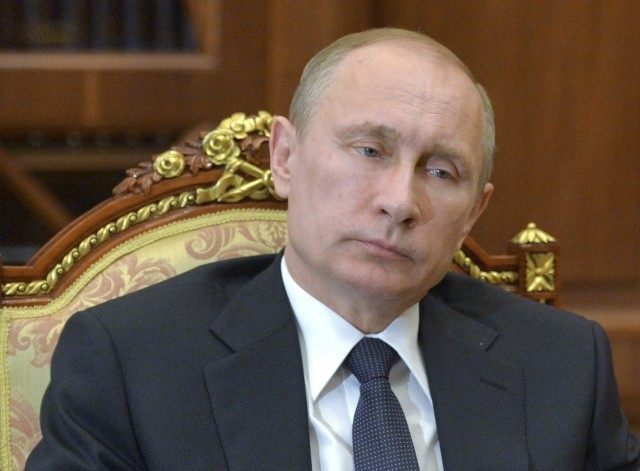Russian President Vladimir Putin admitted this week that Western sanctions placed on Russia’s banks and oligarchs have damaged the nation’s economy, but he is confident Russia will remain strong and continue to grow.
“After the fall in oil prices from $100 a barrel to 50 (USD), 160 billion out of 500 (USD) did not come into the economy,” he explained. “It’s a big figure. And at the same time our quasi-partners limited access of our banks to refinance on the European markets.”
Putin did not explain how he arrived at the numbers or why he counted in American dollars instead of rubles.
“Apparently someone was counting on some sort of collapse,” Putin claimed. “No collapse happened. The Russian economy is easily overcoming these artificial barriers… The peak of (debt) payments has passed. If someone counted on causing some kind of collapse, nothing came of it.”
America and European allies placed sanctions on Russia in response to Moscow’s invasion of Ukraine and annexation of Crimea. Moscow continues to violate Ukraine’s sovereignty a year later.
“The fast appreciation of the ruble that we saw, linked to the sharp 30 percent upswing in oil, is over,” claimed Central Bank First Deputy Governor Ksenia Yudaeva. “Now we are seeing stabilization.”
Bankers in Iran told the media that they will now trade with Russia in rubles instead of the American dollar. The government set up a “a mechanism to transfer money to the country’s banks from Russia.” Iranian merchants can receive payment from Mir Business Bank in Moscow.
The ruble fell by 40% by the end of 2015 but is up 15% so far this year. Russia’s central bank believes the ruble already peaked for the year.
Putin’s government is also facing protests from unpaid government workers across Russia. Teachers, autoworkers, and construction workers are among those who protested against Putin. In total, the government owes the workers around 2.9 million rubles ($56 million) so far this year, which is 15% higher than 2014.

COMMENTS
Please let us know if you're having issues with commenting.